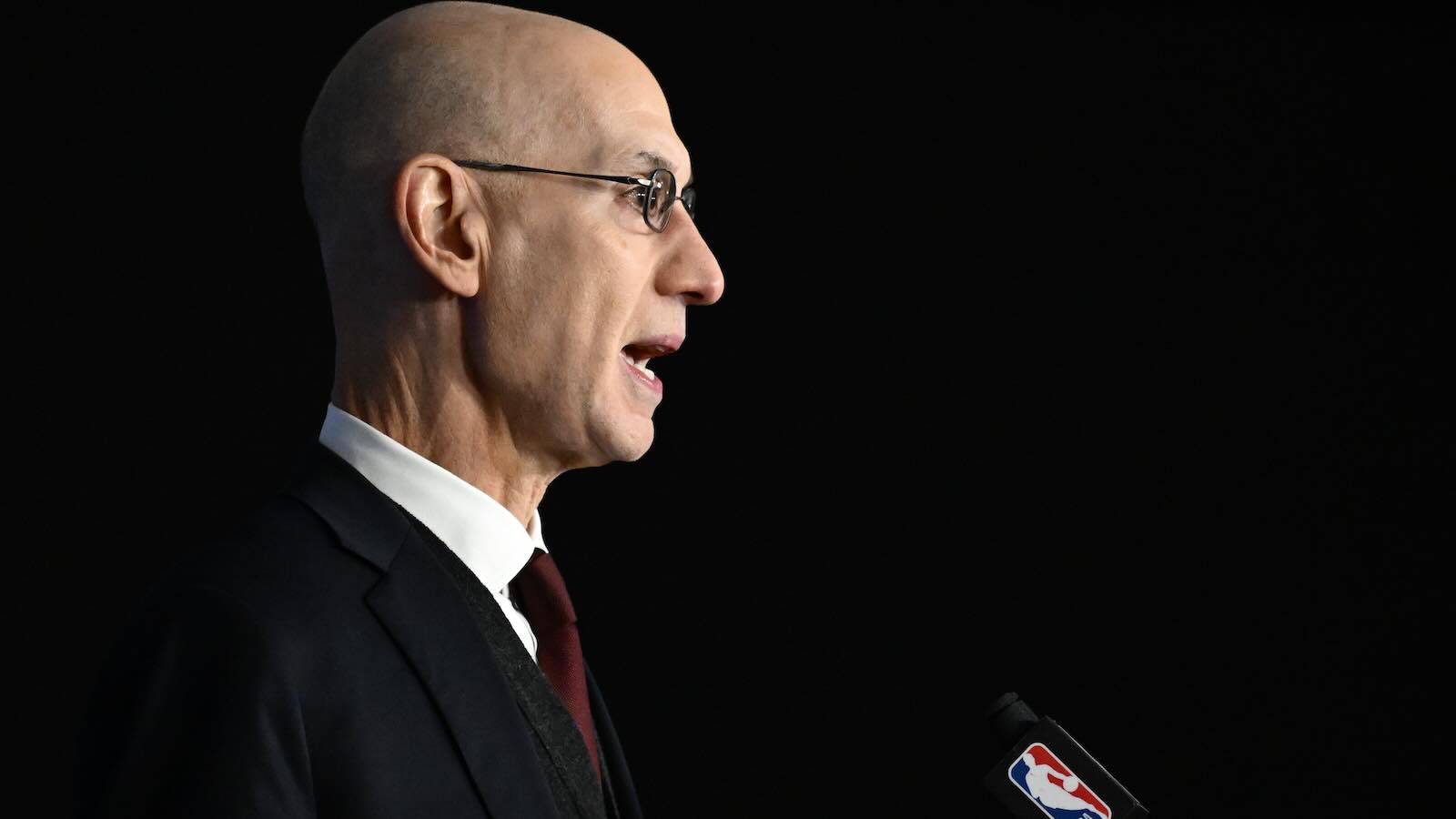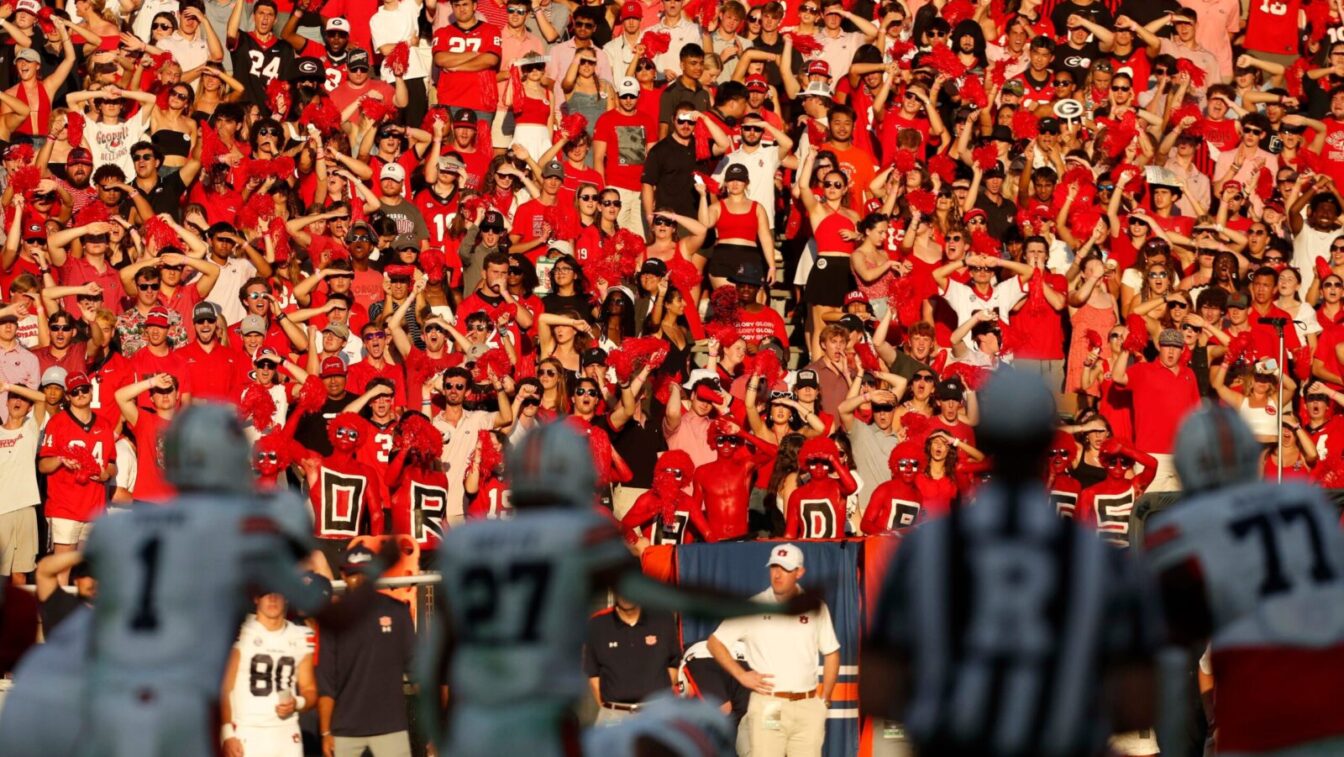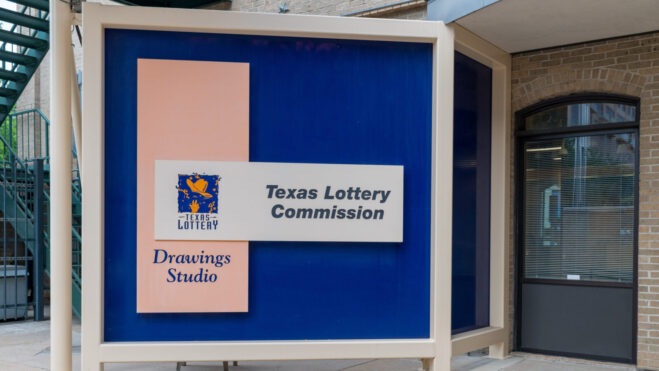The Decade That Transformed American Sports Betting: Adam Silver’s New York Times Op-Ed And Its Ripple Effects
The NBA commissioner may have helped set the stage for legal sports betting in the U.S.
3 min

Ten years ago, NBA Commissioner Adam Silver did something few sports executives had dared to do: he called for the legalization of sports betting in the U.S. On Nov. 13, 2014, as AP’s Tim Reynolds revisited this week, while the major sports leagues were trying to stop it, Silver penned an op-ed for The New York Times, in which he urged lawmakers to legalize and regulate betting on professional sports.
At the time, such a statement was radical for the NBA, which had long opposed any association with gambling due to fears about the integrity of its games. But Silver, not even one year into his term as the NBA’s commissioner after taking over for David Stern in February, believed the conversation needed to change. Now, a decade later, it is evident that his words played a crucial role in reshaping the American sports landscape.
Silver’s op-ed, titled “Legalize and Regulate Sports Betting,” marked a pivotal moment in the ongoing dialogue surrounding the future of gambling in the U.S. Before his public statement, sports betting was illegal in most states outside of Nevada, with federal law prohibiting wagering on most major sports. Silver’s stance represented a major departure from the league’s historical position, which, like most professional sports leagues in the U.S., had vigorously opposed betting on its games for fear of match-fixing and damage to the sport’s integrity.
“I believe we need a different approach,” Silver wrote in 2014, explaining that the rise of online betting had made the prohibition model outdated. He argued that widespread illegal sports betting was already occurring and that legalizing and regulating it would allow for better oversight and consumer protections. His op-ed didn’t change U.S. law overnight, but it ignited a conversation that, within a few years, would lead to a legal revolution.
Setting the stage
Nearly four years after Silver’s op-ed, the U.S. Supreme Court struck down the Professional and Amateur Sports Protection Act (PASPA), the 1992 federal law that had prohibited sports betting nationwide, with a few exceptions. The ruling handed states the power to decide whether to legalize sports betting, and many quickly jumped at the opportunity. The NBA, by the way, despite Silver’s public position, did continue to litigate for the status quo and advocate for the legality of PASPA, alongside its peers at MLB, NFL, NHL, and the NCAA.
New Jersey, one of the plaintiffs in the successful case against PASPA, was the second state (after Delaware) to allow betting on individual games outside Nevada. Today, more than 30 states have legalized sports betting in some form, and the industry has become an integral part of the sports-viewing experience for millions of Americans.
It has also become big business. Sports betting operators have reported a combined $35 billion in lifetime gross revenue since legalization. The total handle during the same period is $400 billion. Major sports leagues, including the NBA, have embraced partnerships with gambling companies, signing lucrative deals with sportsbooks, casinos, and fantasy sports operators.
The shift is evident in broadcasts, where odds and betting lines are regularly featured as part of game-day coverage, and in arenas, where betting kiosks are becoming a fixture. The NBA alone has over two dozen business partnerships with gaming companies.
Not a perfect system
Despite his early advocacy for legalization, Silver remains cautious about the potential downsides of sports betting. He has continued to express concern over the lack of a federal framework to regulate the industry.
Silver calls the current state-by-state approach a “hodgepodge” that leads to inconsistent rules and regulations. He has pointed to competition between states like New York and New Jersey, which vie for bettors through differing tax rates and regulations, as evidence of the need for a national strategy.
“I was in favor of a federal framework for sports betting. I still am,” Silver recently remarked, adding that the lack of a unified approach makes it more difficult for leagues to manage their relationships with sportsbooks and ensure consistent oversight. He has also been vocal about the risks of underage gambling and the pressures that sports betting can place on younger fans and college athletes.
One high-profile incident that underscored the dangers of betting occurred in 2023, when the NBA banned Toronto Raptors player Jontay Porter for life after he was caught disclosing confidential information to sports bettors and placing bets on NBA games, including his own team. Porter’s actions, which included tipping off a bettor about his health status before a game and facilitating a large wager against his own performance, were a clear violation of league rules and a reminder of the integrity risks that accompany the rise of sports betting.
Just the beginning
The incident highlighted the importance of maintaining strict regulations and monitoring systems as sports betting grows in popularity. It also reinforced the message that, while Silver may have led the charge for legalization, he remains vigilant about protecting the integrity of the game.
As sports betting continues to expand across the U.S., the impact of Silver’s decision to publicly support its legalization cannot be overstated. His 2014 op-ed helped to normalize the idea of betting on sports, paving the way for legal frameworks that have allowed the industry to flourish. What was once considered a vice to be kept at arm’s length is now a multibillion-dollar industry, embraced by fans, teams, and leagues alike.
Yet, as Silver and others in the sports world acknowledge, the industry’s growth brings challenges that must be carefully managed. Responsible gambling measures, regulatory oversight, and player protections will remain crucial in ensuring that sports betting’s rise into the mainstream does not compromise the integrity of the games themselves.
For now, the conversation Silver began a decade ago has led to unprecedented change — and it shows no sign of slowing down.





